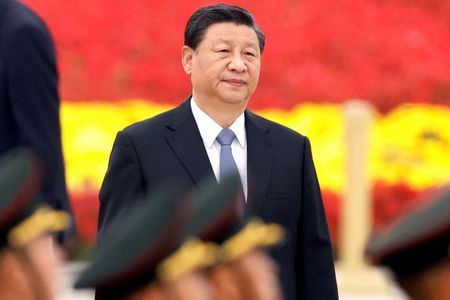
Coronation Of Emperor Xi and The World Thereafter
 Sat, 01 Oct 2022
| Reading Time: 7 minutes
Sat, 01 Oct 2022
| Reading Time: 7 minutes

A few days ago, news about Chinese President Xi Jinping‘s arrest took social media by storm. The rumour was that Xi, who is the General Secretary of the Chinese Communist Party (CCP) and Chairman of the Central Military Commission (CMC), on return from the Shanghai Cooperation Organisation (SCO) summit in Samarkand, was taken into custody and house arrested. The atmosphere was so jubilant as if the whole world was looking forward to Xi’s exit. The rumour turned out to be fake news.
Xi Jinping is all set to snatch the historic third term in the upcoming 20th National Congress of the CCP, scheduled for 16 October 2022. So, what is happening inside the world’s most powerful but hated man’s head? How would he shape his third term?
The Domestic Goals
Richard McGregor and Jude Blanchette are veteran analysts of Chinese politics. In 2021, they published a comprehensive report that considered four possible scenarios for the next leadership succession in China. Only one scenario considered that Xi stays in power by extending his tenure. I will go with that scenario because, in my opinion, Xi Jinping is in the grip of the situation for at least one more term.
People who expect Xi to moderate his policies after the 20th National Congress of CCP are likely to get disappointed. Xi’s survivability depends on the party’s survivability; therefore, his sole aim would be to make the party supreme. Slogans like “time and momentum are on our side,” “century of humiliation,” etc. would be the vehicles to drum up nationalism and eventual support for the party’s (read Xi’s) every bizarre and dangerous action.
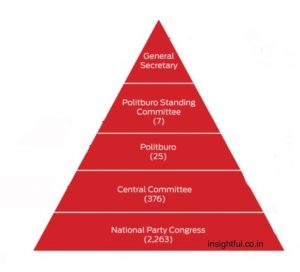
Party Hierarchy 2017 – Courtesy: insightful.co.in
Aim One — Chairmanship
In all probability, during the 20th Party Congress, Xi would reactivate the Party chairmanship position. Until now, only three CCP leaders have held that position, namely, Mao Zedong (1945–76), Hua Guofeng (1977–81), and Hu Yaobang (1981–82). The post was dissolved in 1982 during the eleventh National Congress of CCP.
The post of Party Chairman would allow Xi to continue to rule without any limitation since the party chairman doesn’t fall under that purview. He could also plan and execute the leadership succession process. He would undoubtedly be crowned ‘people’s leader’ by the party.
Aim Two — Opposition
The Chinese Premier Li Keqiang is a former President Hu Jintao’s protegee and a professional Communist Youth League (CYL) member. He was regarded as the heir to Hu Jintao, but he failed in competition with Xi Jinping. He would retire in March 2023 from the post of Premier due to two-term and 68 years age limitations. However, Xi Jinping would aim to remove him, if not from the politburo, then at least from the Politburo Standing Committee (PBSC). Li is no pushover and has widespread patronage and loyalist connections among the CYL cadre. Therefore, this is going to be the most exciting contest and a difficult task for Xi.
Aim Three – Positioning Protegees In Key Posts
Xi would like his protegee, current Shanghai Party Secretary, and Politburo member Li Qiang to take over the post of Premier. However, Li’s poor performance led to serious and embarrassing difficulties in containing outbreaks of COVID-19 in Shanghai and has cast a shadow over his capabilities. Even with this handicap, if Xi can bulldoze his way through and place Li Qiang as Premier, it would prove that Xi has become too powerful for anyone’s liking.
Xi would also push for one of his protegees to head the CCP’s feared internal anti-corruption force, the Central Commission for Discipline Inspection (CCDI). Ding Xuexiang, Huang Kunming, Li Xi, and Chen Min’er could be frontrunners for this post.
If Xi cannot position his people in the key posts per his plan, then as a compromise, he might push for the expansion of PBSC from seven to nine members to maintain his edge.
Aim Four – Purges And Suppression
Xi is a control freak. In his zeal to concentrate all the power in his hands, he has decimated every opposition and hasn’t spared even the party elders. He would maintain his track record with a missionary’s zeal, regardless of what the world thinks or talks about.
Head of China’s security services Zhou Yongkang, former general who served as vice chairman of China’s Central Military Commission – Xu Caihou, vice chairman of China’s Central Military Commission – Guo Boxiong, senior aide to former Chinese President Hu Jintao – Ling Jihua, former Chinese political star, politburo member and a contender for China’s presidency – Sun Zhengcai are some of the political purges under Xi’s watch.
Xi Jinping would not just keep targeting political opponents, but the nouveau riche known as fuerdai who does not fall in line as he desires. Xiao Jianhua, Jack Ma, Pony Ma, Guo Guangchang, Zhou Chengjian, Ren Zhiqiang, etc., are some examples. It’s a long list of disappearing or disciplined billionaires under Xi’s watch.
Human rights activists are another favourite target of the CCP. Their disappearances have hastened during Xi’s regime. Dai Zhenya, Zhang Zhongshun, and Ding Jiaxi are some examples who have disappeared, charged, tried, and punished falsely behind closed doors.
The surveillance and suppression of ordinary Chinese citizens will reach new heights. Their every move is recorded and reminds us of the brilliance of George Orwell, who, in his masterpiece novel “1984,” could envisage the whole scenario 73 years ago. As if all of this monitoring wasn’t enough, in the latest suppressive move, Beijing bus drivers have been told to wear wristbands so that their emotions are monitored and recorded at all times.
Aim Five – Derive Strength From Economy
Now, this is not a goal, instead, taken for granted phenomenon. Xi is well aware that CCP derives its power from economic growth. The CCP has also learned lessons from the erstwhile USSR’s mistakes and ultimate extinction. However, if we observe Xi’s actions in the recent past, then it appears that he doesn’t care for the economy as much as people tend to think. His recent zero COVID-19 policy, followed by lockdowns, cracking down on tech companies, and letting the banking and property bubble evolve, demonstrates that he does not consider economic performance to be his primary source of legitimacy. He believes China has accumulated enough wealth to make the show of strength worth the economic price. Therefore, if the United States or the European Union thought they could control Xi with the carrot of moolah, they would be delusional.
The International Goals
If Xi’s domestic policies would employ a carrot and stick approach, the international policy would be a combination of wolf warrior diplomacy, rewards, and punishments.
Aim One – Unification
China has repeatedly made it clear that unification with Taiwan would happen at any cost. In my understanding timeline between 2025-2027 would be most crucial. Xi Jinping would be nearing the fag end of his third term. To remain relevant, Xi would need to either stay in power or anoint his protegee. That’s not easy, and Xi would be forced to pull off something spectacular. The unification of Taiwan by any means, which Xi has been projecting as a historical task of the party, is one such event that could change Xi’s fortunes.
Aim Two – Military Might
The People’s Liberation Army (PLA) is the CCP’s instrument of legitimacy. The growth of the PLA in the international arena would play an important role in the Sinicization of the world and the great rejuvenation of the Chinese nation.
As per the U.S. department of defence, PLAA has 975,000 active-duty personnel; PLAN has 355 warships, including 145 major surface combatants; and PLAAF has 2800 warplanes, 800 of them are fourth-generation fighter jets. As per Lowy Institute, China’s military budget will cross $560 billion by 2030. Stockholm International Peace Research Institute (SIPRI) estimates that China underreports its military spending by as much as 40 percent. All in all, China, which has already moved out of the first island chain, would be able to challenge the United States in the Pacific and India in the Indian Ocean by 2027.
Aim Three – Hamstring The U.S. And Indian Influence
Xi would expand his influence groups worldwide, especially in the Middle East and Latin America. Saudi Arabia has a comprehensive strategic partnership with China and has slowly slipped out of the U.S. grip. China has deepened its economic ties with UAE, Qatar, Oman, Bahrain, and Kuwait. In South America, China has already surpassed the U.S. influence by becoming the largest trading partner.
The biggest jolt the U.S. is likely to get is when Xi is able to convince countries to replace trading in dollars with yuan. Over 100 countries are already making payments in yuan. China has also opened yuan clearance banks in 25 countries. Morgan Stanley predicts that the yuan will account for over five percent of global foreign exchange reserve assets by 2030.
As far as India is concerned, China understood this fact very early on that after the U.S., if any country could challenge them in the future, then it is India. Therefore, since the 60s, China has been damaging the Indian influence in South Asia regularly. These activities have picked up pace under Xi, and he wouldn’t relent in his third term.
Xi’s Challenges
All this is fine, but the third term would not be a walk in the park for Xi. Most Xi’s initiatives have cast a shadow over his acumen and vision.
- Thanks to Xi’s pet Belt and Road Initiative (BRI), nearly 60% of China’s overseas loans are held by financially distressed countries compared with 5% in 2010.
- Large number of rural banks have frozen deposits of ordinary citizens due to financial difficulties, leading to widespread demonstrations and unrest.
- Youth joblessness rate rose 19.9 percent in July.
- 400 million middle-class citizens affected by the property crisis.
- Economic reforms have taken a backseat, and growth is slowest in four decades, casting a shadow over Xi’s goal of doubling per capita income by 2035.
- Unfair trade practices and weaponization of state-backed espionage have led to tech clampdown by the USA and other Western nations.
- Human rights abuses in Xinjiang and Tibet.
- Alignment with Putin against the west has again put Xi’s wisdom under the spotlight.
In The End
If Mao Zedong had thrived on the idea of hostility towards the international system, then Deng Xiaoping was the one who joined the international system and changed the Chinese citizens’ life forever. But it is Xi Jinping who would not only exploit the international system to his advantage but also alter it beyond recognition.
Though most eyes focus on Taiwan, limited maritime military skirmishes between China and South Korea in the coming months are not ruled out due to the latter’s deployment of THAAD systems and cooperation with the U.S. over semiconductors. China may also create trouble in Taiwan’s local election in late 2022 and the presidential election in 2024. Love hate relationship with India would also continue since this arouses nationalism and suits Xi’s cause.
Today, China is considered the most serious long-term challenge to the international order. The time has come that organizations like Quad openly declare that they are a military organization and would come to each other’s rescue when the balloon goes up. Else, once the political drama of 16 October is over, Xi would implement his flawed vision forcefully and vehemently; and reassert the Chinese power in areas of strategic priority with impunity.
**************
Disclaimer
The opinions expressed in this article are the author’s own and do not reflect the views of Chanakya Forum. All information provided in this article including timeliness, completeness, accuracy, suitability or validity of information referenced therein, is the sole responsibility of the author. www.chanakyaforum.com does not assume any responsibility for the same.
Chanakya Forum is now on . Click here to join our channel (@ChanakyaForum) and stay updated with the latest headlines and articles.
Important
We work round the clock to bring you the finest articles and updates from around the world. There is a team that works tirelessly to ensure that you have a seamless reading experience. But all this costs money. Please support us so that we keep doing what we do best. Happy Reading
Support Us





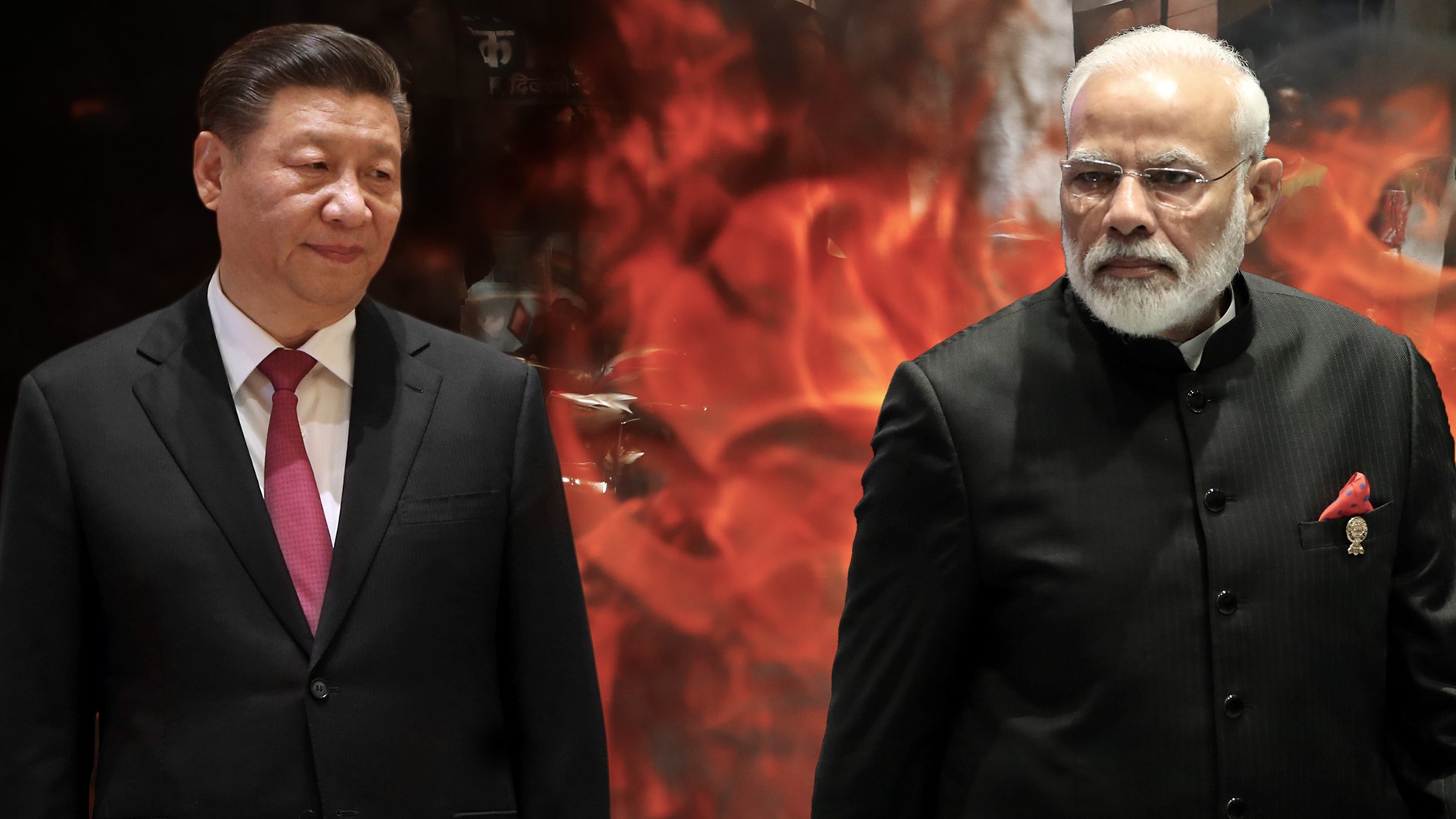
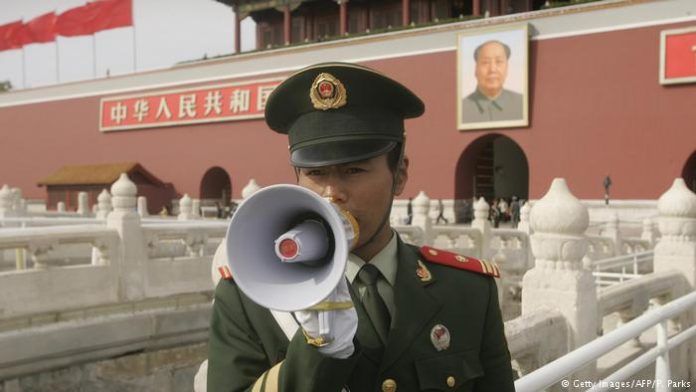
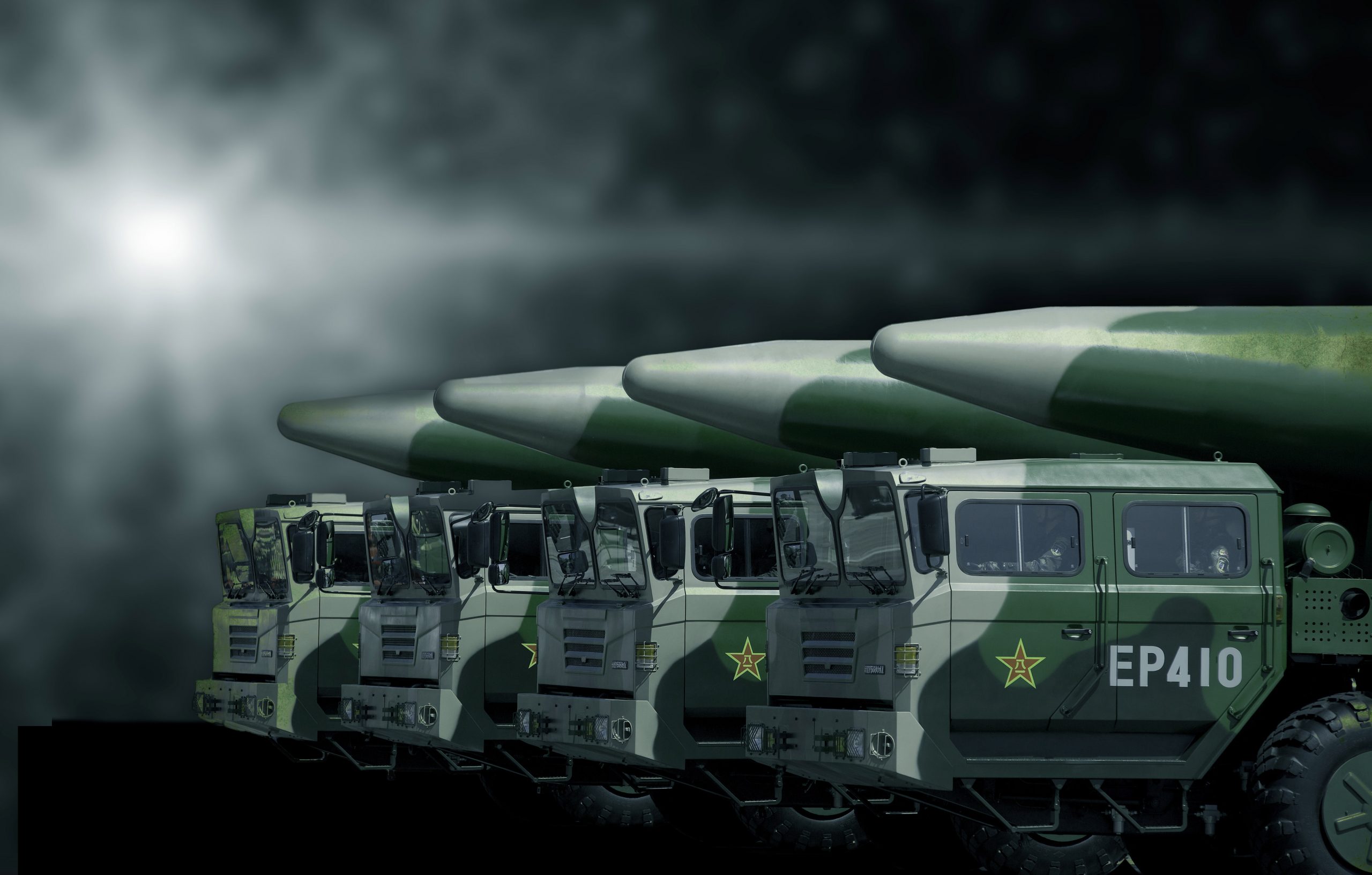
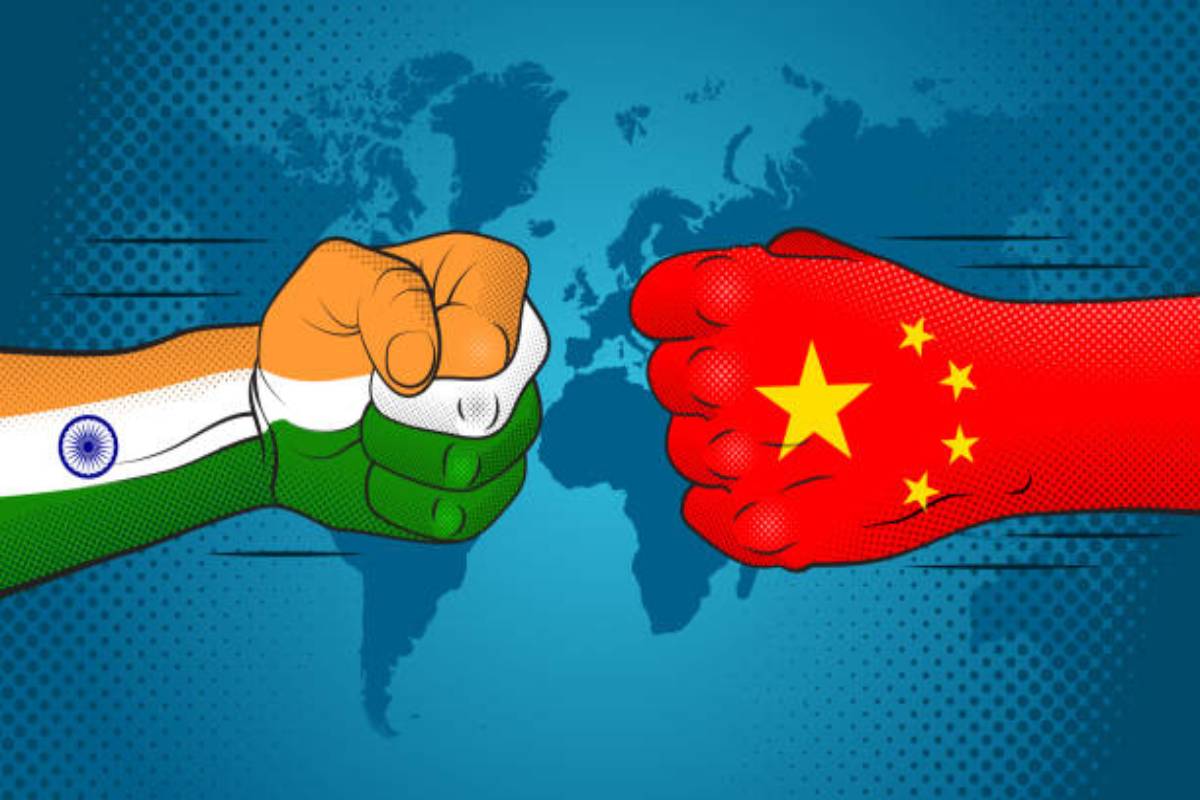
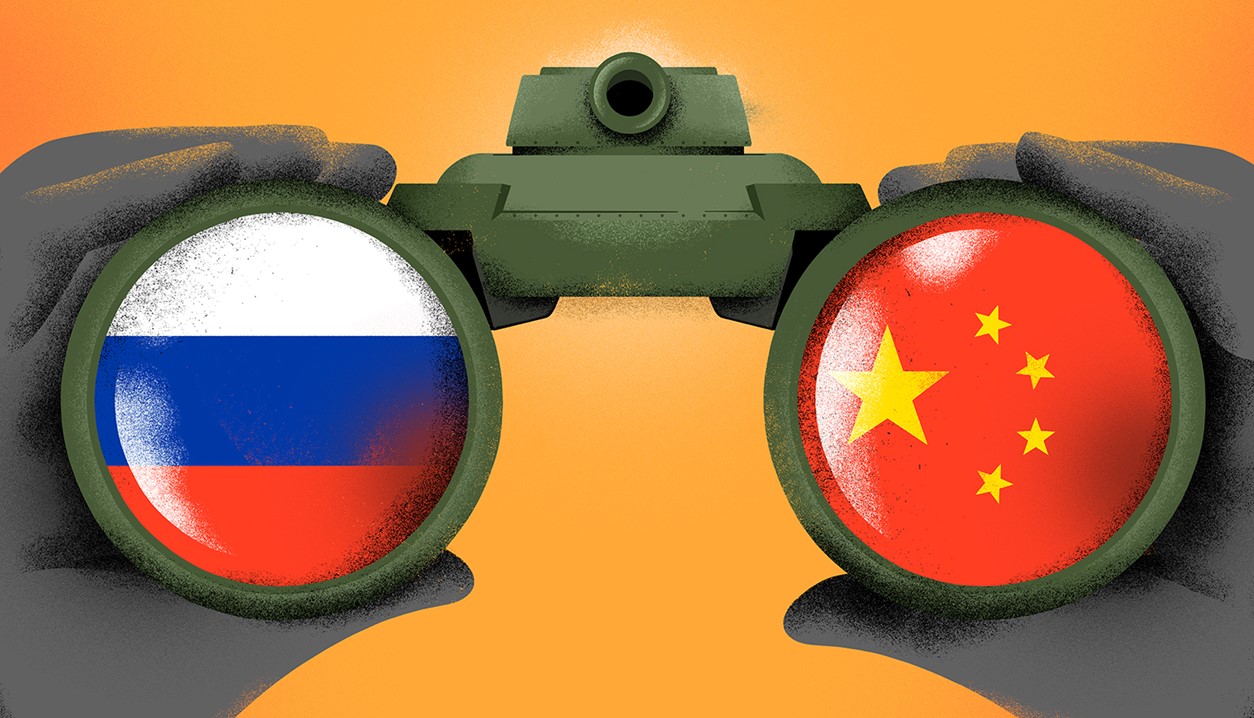
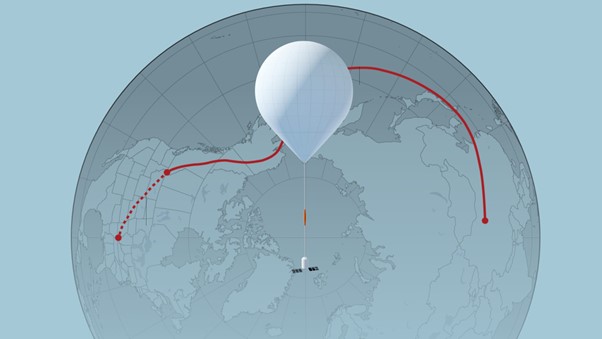
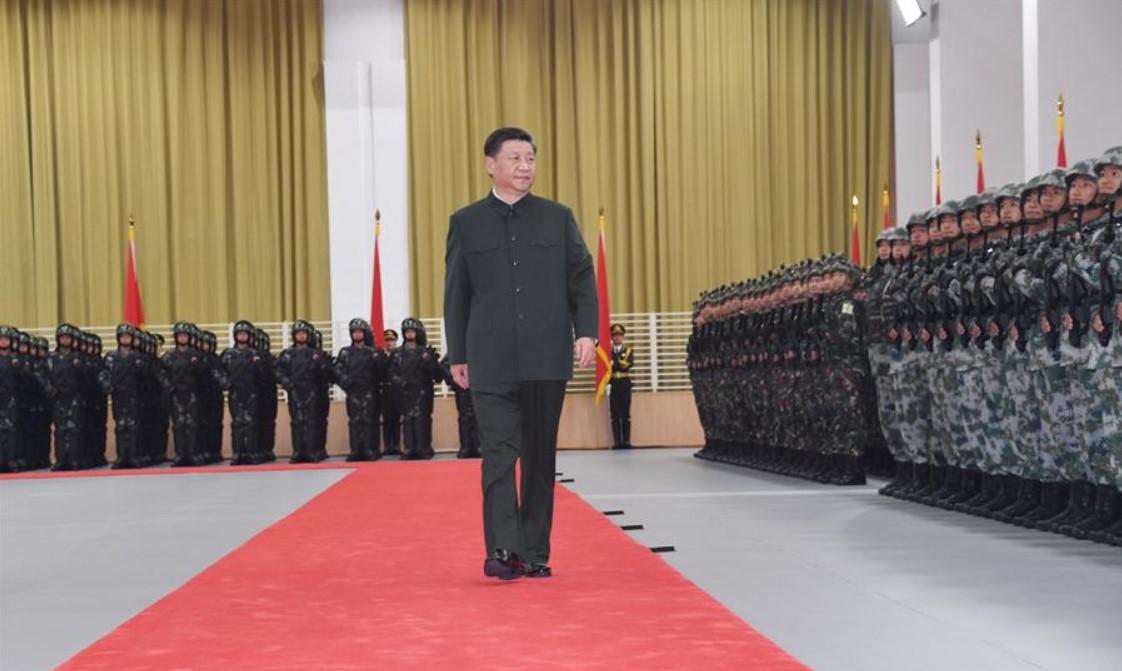


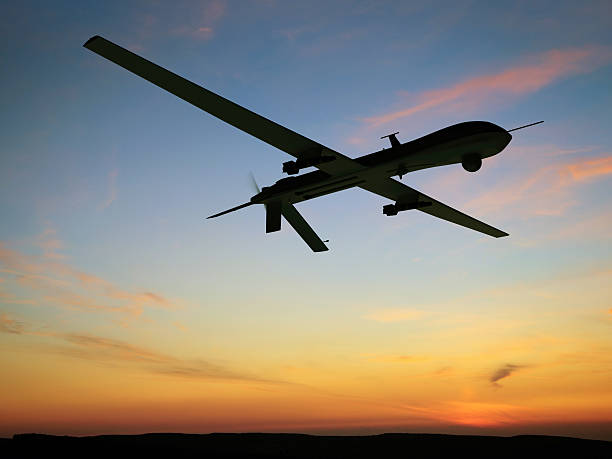






POST COMMENTS (12)
Rajeev Dalal
Raghu Vir
Deovrat Pagay
ST
ST
Rakesh P
Sreenivas
Shamit Biswas
Wendell Bruges
Ajay Vig
GP Singh
Cdr Deepak Singh